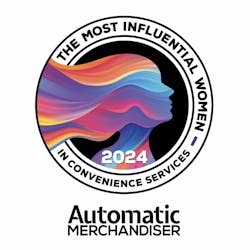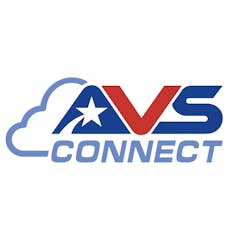Last month marked the end of a low point in our industry’s history: the exclusive, 5-year vending agreement between New York City and Snapple. A new 5-year contract begins this month, and the request for proposal (RFP) indicates the city education department learned some things from its bad experience.
The 2003 agreement brought an avalanche of bad publicity for the officials involved, a disaster in the quality of vending service, and a major hit for many vending operators who had long served public schools.
Such ill-conceived, exclusive contracts have been with the vending industry from its beginning, and they won’t be disappearing any time soon. However, the Snapple agreement signed in 2003 accentuated the industry’s need to educate the public about its services and benefits.
A DEAL WORTH REMEMBERING
That deal marked a commoditization of automatic merchandising so massive that it demands remembering so it never happens again.
The city gave Snapple exclusive rights to sell its drinks in city buildings and schools in exchange for an anticipated $126 million in cash and promotional advertising.
Nobody won, least of all the vending industry.
Operators who had long established relationships with city schools lost big. Established relationships ended, service suffered, many consumers couldn’t get the products they wanted, and the anticipated revenues never materialized.
Three years into the deal, the New York media reported it generated only about a tenth of the expected revenues.
A NEW SET OF EXPECTATIONS
The request for proposal (RFP) for the new 5-year contract indicates a better understanding of vending on the part of the city’s education department. It appears to recognize the important role vending can play in improving kids’ eating habits and includes specific nutrition requirements.
The department appears to have taken account of the scathing review the state comptroller did of school vending machines this past June. The comptroller found widespread non-compliance for promoting good nutritional practices in city schools and a serious lack of compliance oversight.
In addition, the new RFP requires machines to meet energy efficiency guidelines and provide occupancy sensors to shut off lights when no one is around.
All in all, the city education department seems to have learned some things about vending. But have we as an industry learned anything?
PUBLIC CONTRACTS AFFECT US ALL
Public contracts as a whole affect consumer perception of automatic merchandising and they should concern every operator, including those who don’t bid on them. Public perception is the biggest single challenge the industry faces.
Under these big contracts, untold thousands of consumers are exposed to machines in public locations. When the contracts are poorly conceived as they often are, consumers learn to expect very little from vending.
The industry needs to teach the public that vending provides convenience, quality, and variety in an energy efficient manner.
Industry members, as individuals and through their organizations, must educate decision makers and remember the Snapple deal as an example of what complacency will create.




